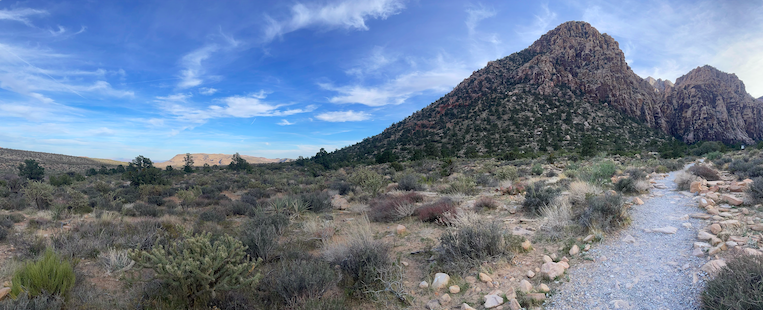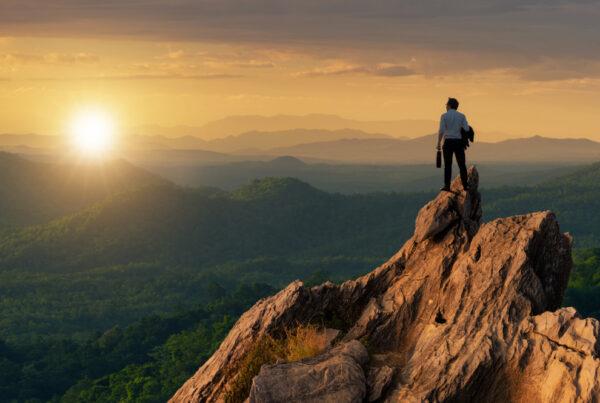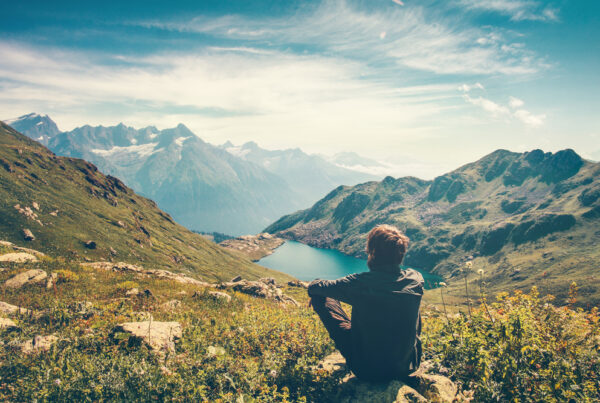Ecopsychology, or the psychological effects of immersion in nature, is a profound field that seems incredibly in sync with the times. In a post-pandemic world, we are acutely aware of existential themes and catalyzed by sensory experiences, seeking a future that is both fundamentally simple and radical in its inclusion of a more connected life.
Simple pleasures like going for a walk, digging around in the dirt and planting a garden, and visiting parks, all became highly anticipated activities during the pandemic because they provided a mental respite from feeling shut-in. Creativity flowed through slow living, and with less noise and distractions, the physical and mental benefits of spending time in nature could be fully felt.
It is no surprise that just a couple of hours outside a week lights up our feelings and experiences associated with health and wellness.
A Calmer Mind and Other Health Benefits 
Harvard Health reports that a 90-minute walk in a natural setting chills out the prefrontal cortex, an area of the brain that is associated with rumination (i.e. repetitive thoughts on negative emotions). Immersion in nature offers other therapeutic benefits, says Harvard Health. For example, experiencing calming nature sounds or even outdoor silence can lower blood pressure and cortisol (stress hormone) levels. The scenery also has the power to soothe, assisting with a mental distraction from negative thinking so that worry lessens its hold.
“People have been discussing their profound experiences in nature for the last several 100 years—from Thoreau to John Muir to many other writers,” researcher David Strayer, of the University of Utah, said in an interview with Greater Good. “Now we are seeing changes in the brain and changes in the body that suggest we are physically and mentally more healthy when we are interacting with nature.”
Health benefits range from physical and mental to actual personality shifts — people that spend even 20 to 30 minutes, three times a week in nature are more likely to be happy and creative and less stressed and mentally fatigued.
Negotiating Our Next Normal
The opportunity to access natural surroundings is a key part of our next normal because people have rediscovered the simple activities that bring joy, health, and wellness.
The Zen Nest became my pandemic passion project because I was keenly aware of the need for a place of mindfulness and remote immersion that could bring quiet and productive rest back into my life. I know that I am not alone in seeking these interactions and this promise.
“Forest schools” and “park deserts” are terms that city planners, educators, and leaders are using to describe green spaces in urban environments. Businesses are incorporating biophilic elements into their building design with the realization that recruitment and retention is centered on feelings of wellbeing and freedom that comes with natural experiences.
Ultimately too, all of these conversations of a connected existence lead to the topic of conservation. With a focus on the physical and psychological benefits of high-quality nature experiences, there must also be a focus on the costs of its loss and how to circumvent climate challenges that threaten the very natural settings that heal us.







